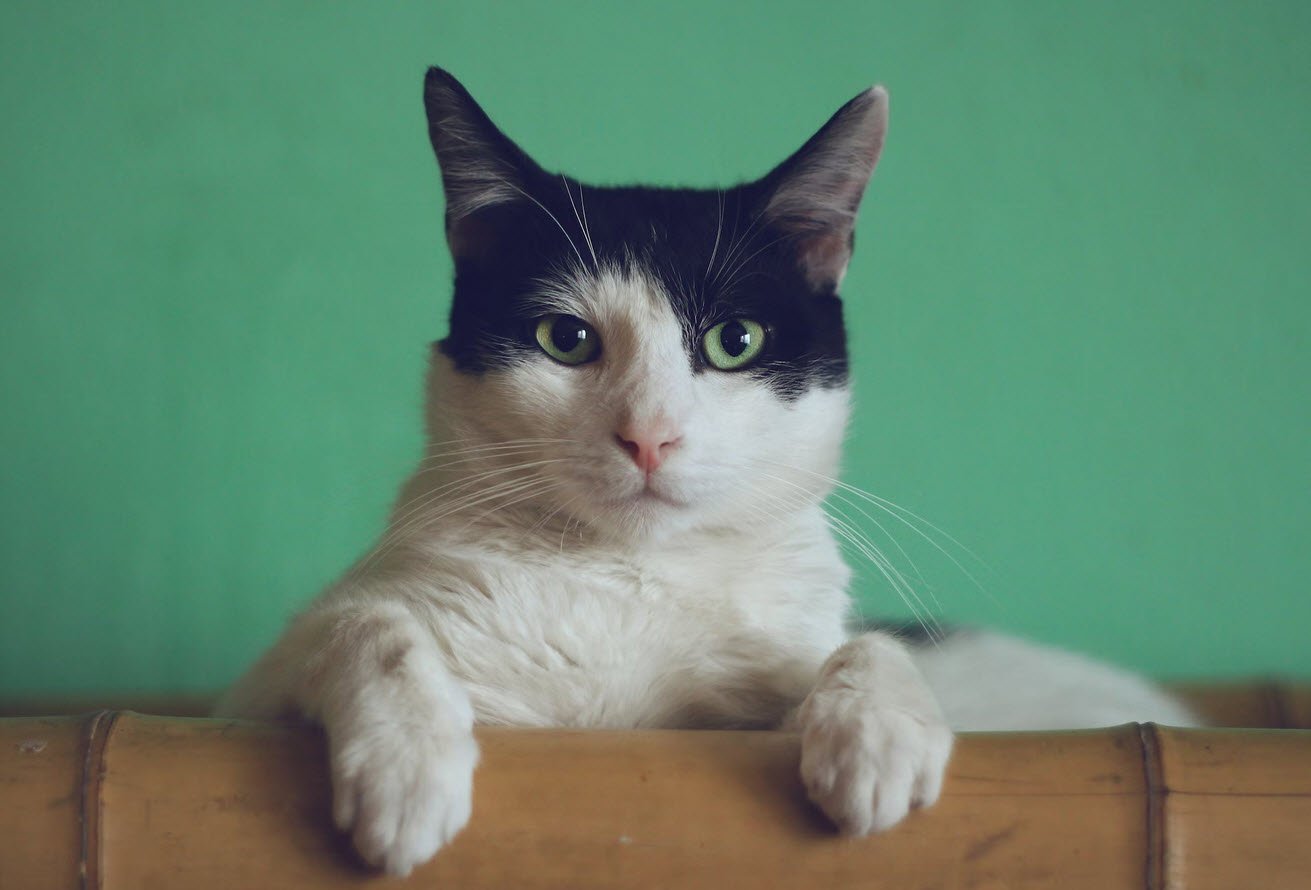
As a responsible and caring cat owner, it’s crucial to be aware that certain human foods can be harmful and even toxic to cats. Cats have different metabolic systems compared to humans and certain foods that are safe for us can be harmful to them.
This article serves as a guide to highlight human foods that should never be offered to your feline friend.
1. Garlic and Onions
Garlic and onions, in any form (raw, cooked, or powdered), can cause damage to a cat’s red blood cells, leading to a condition called hemolytic anemia. Even small amounts can be harmful, and symptoms may not show immediately.
2. Alcohol
Alcohol consumption, even in small amounts, can cause vomiting, diarrhea, coordination issues, central nervous system depression, difficulty breathing, tremors, abnormal blood acidity, coma, and potentially be fatal to cats.
3. Grapes and Raisins
Grapes and raisins can lead to kidney failure in cats. The exact toxic substance is still unknown, so it’s best to completely avoid giving any grapes or raisins to your feline friend.
4. Chocolate
Chocolate contains theobromine, which is toxic to cats and can cause vomiting, diarrhea, restlessness, increased urination, muscle tremors, and potentially heart failure.
5. Raw Meat and Eggs
Raw meat and eggs can contain harmful bacteria like Salmonella or E. coli, which can cause severe gastrointestinal issues in cats.
6. Avocado
Avocado contains a substance called persin, which can cause vomiting and diarrhea in cats. The pit is particularly dangerous as it can cause obstruction in the digestive tract.
7. Milk
Contrary to popular belief, many cats are lactose intolerant, and feeding them milk can result in upset stomach, diarrhea, and other gastrointestinal issues.
8. Caffeine
Caffeine, found in coffee, tea, energy drinks, and certain medications, can cause restlessness, rapid breathing, heart palpitations, muscle tremors, fits, and in severe cases, it can lead to bleeding in the digestive tract.
9. Xylitol
Xylitol is an artificial sweetener found in many sugar-free gums, candies, and baked goods. Even a small amount of xylitol can cause a rapid release of insulin in cats, resulting in low blood sugar levels and potential seizures.
It’s vital for cat owners to be cautious and informed about what they feed their feline friends. Even seemingly small amounts of these toxic foods can have serious health consequences for your cat. If you suspect your cat has ingested any of these toxic foods, contact your veterinarian immediately or seek emergency veterinary care.
Always prioritize the health and well-being of your cat by providing a balanced and appropriate diet. Consult with your veterinarian regarding any concerns or questions about your cat’s nutrition and dietary needs. Keeping your cat safe from harmful foods is a crucial step in being a responsible and loving cat owner.
You may also like:- Understanding and Caring for Cats with Diabetes
- Protect Your Cat With Vaccinations – A Guide to Feline Health
- A to Z Famous Cat Names
- 8 Cat Breeds Known For Their Minimal Shedding
- How Much You Know About Cat’s Body Language?
- 8 Good Reasons to Choose a Cat as Your Furry Companion
- Top Symptoms of Kidney Diseases in Cats
- 7 Fantastic Plants To Consider Growing For Your Cats
- 5 of the Most Painful Conditions for Cats
- Top 12 Poisonous Plants For Cats








